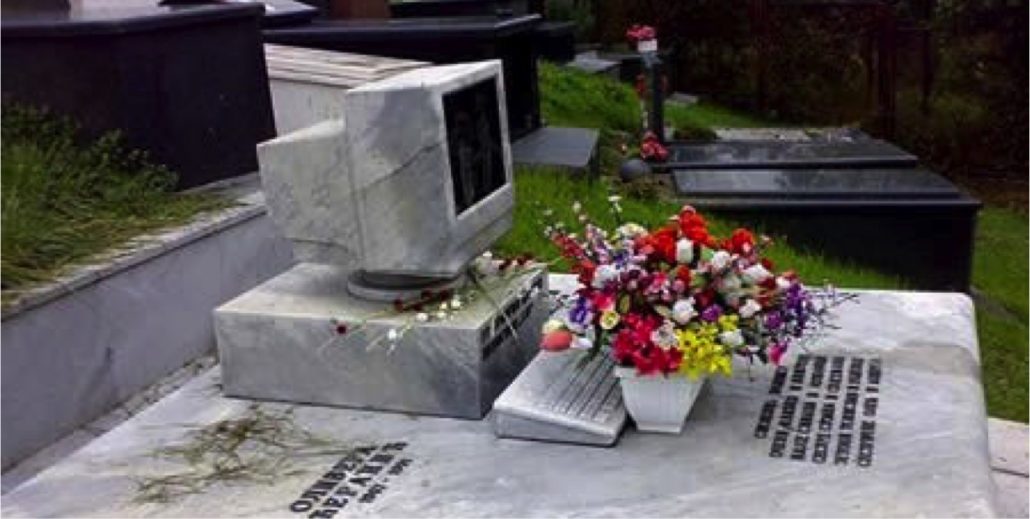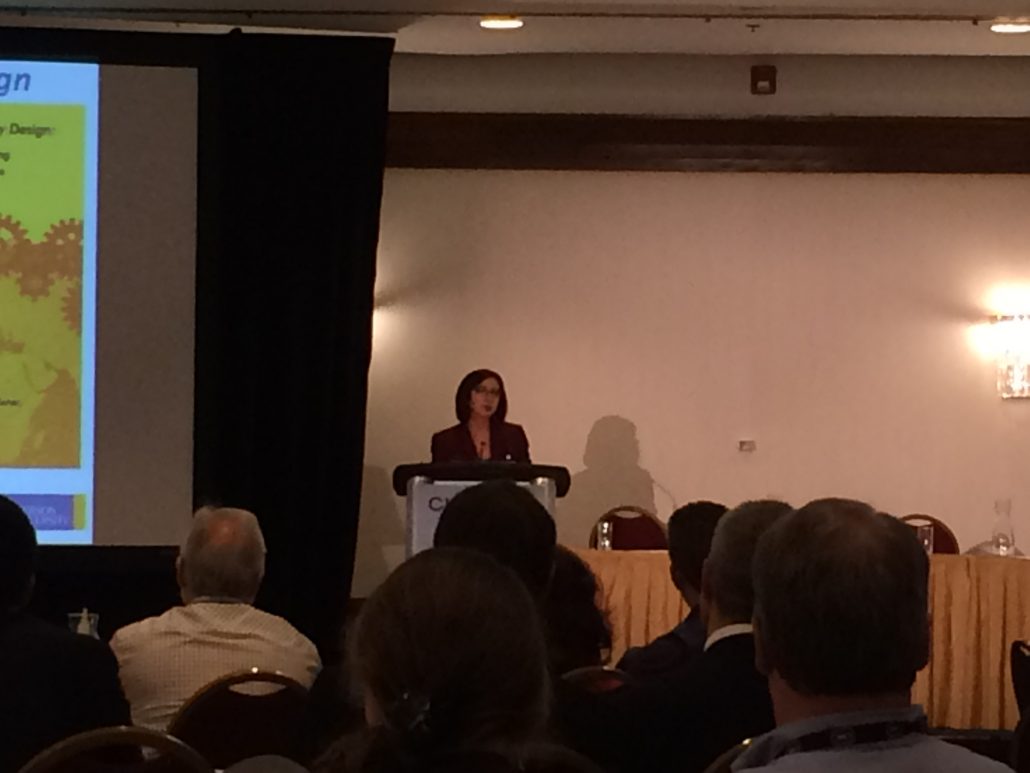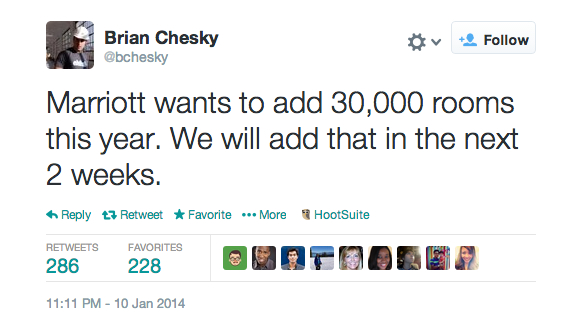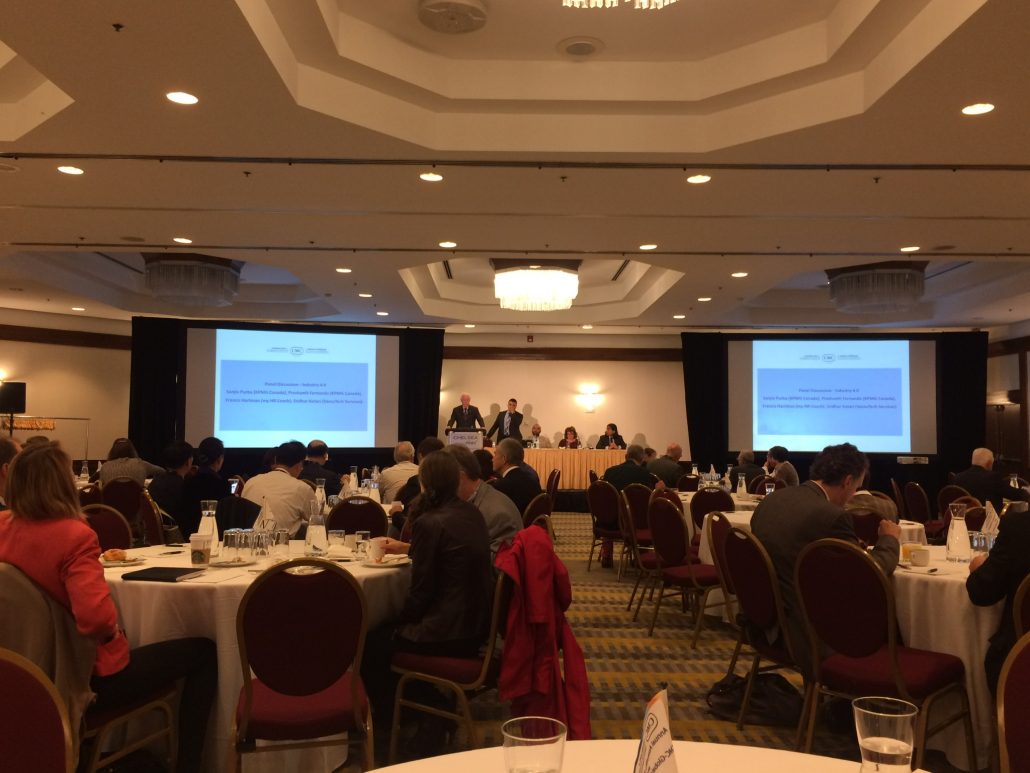Uber, Uber, and once again Uber
Read about my experiences from the Management Consulting Week 2016 in Toronto
I attended on behalf of the Orde van Organisatieadviseurs (Ooa) during the fifth Management Consulting Week. Management consultants from all over the world gathered around the theme ‘Consulting 4.0, are you ready?’ How can we make our consulting practice more disruptive? How do I stay ahead of my competition? How do I respond to the rapidly changing needs of my clients? In this article, I discuss my experiences and lessons from this week.
Canadian Trends
The conference kicked off with Duncan Stewart, a Canadian trend watcher employed by Deloitte. The speed at which new technologies are entering the world is immense. 3D printers, self-driving cars in Pittsburgh, Airbnb, Bitcoin, and so on. A characteristic of these developments is that humans and “middlemen” are being removed.
“We seek calm amidst the chaos of devices.”
By the way, not all new technologies endure. Laptops and mobile phones will persist, but the iPad is on the decline. Despite all the new technological developments, we are still searching for physical meetings between clients and consultants. Amidst all the noise of new technologies, more and more Canadians are once again reading books and newspapers: a way to unwind from the online world.
There was a beautiful presentation by Ann Cavoukian. She is globally recognized as an authority on privacy. She called on companies to no longer see privacy as a compliance issue but to incorporate it into their core processes. Customers often feel that they do not have control over their own data. And that was her main point: the decision to share data must lie with the customer. Companies should proactively manage privacy. Improving privacy does not have to come at the expense of customer satisfaction or profits.
The decision to share data must lie with the customer – Ann Cavoukian
Disruptive Innovation and Uber
One of the highlights of the conference was the story of Ted Graham, Director of Innovation at General Motors. He shared his lessons in disruptive innovation, which he learned when he signed up to be an UberX driver. Within thirty minutes, he had registered online. And with an additional thirty-minute training session, he was ready to go, while a normal taxi driver must undergo a seventeen-day training program. The UberX driver receives immediate feedback after each ride. What many do not know, however, is that the driver also evaluates their customers.
Create a job instead of taking a job – Ted Graham
He applied these lessons at his previous employer—consulting firm PwC. The essence of consulting is the close relationship between the client and the consultant, sometimes lasting more than thirty years. Can we make it as transparent as Uber to determine who the best and most suitable consultant is? And what implications does this have for the trust relationship? Can we also allow clients to evaluate us and vice versa?
Brian Chesky – CEO Air Bnb
Next, Alex Tapscott, co-author of “Blockchain Revolution,” took us into the fascinating world of blockchain. Blockchain is the data structure behind the Bitcoin network. This unique data structure allows everyone in the world to trade with each other without the involvement of traditional third parties such as banks, notaries, accountants, and governments.
Why do we have to pay extra for foreign payments but not for sending emails abroad?
The data structure is as freely available, accessible, and programmable as the internet itself, but is unique, non-erasable, and remains in the hands of the customer rather than a middleman like a bank. Where in the “old world” important data is stored centrally and therefore vulnerable to hackers and cyberattacks, blockchain data is available decentrally, making it harder to hack.
What is the government doing?
An important question that arose was: what is the government doing with all these new technological developments? They determine what is and isn’t allowed. Will the government trust these developments or stifle them? Is the government following trends, or is it responding with appropriate regulations? In Canada, the advice was for governments to try to engage proactively with developments. What do we allow and not allow? Toronto was mentioned as a good example. This city has already committed to allowing self-driving cars by 2020.
Response of the Big Four in Canada to Consulting 4.0
The directors of the large consulting firms (PwC, Deloitte, KPMG, and EY) also shared their reflections on Consulting 4.0. All consulting firms were working to break down the former boundaries between products and markets by assembling teams with much diversity. A clear trend shift is visible in the recruitment of new consultants. The focus is no longer solely on MBA students; there is now much more emphasis on students from other disciplines, such as technology, science, and the arts. Finally, there was discussion about establishing a joint pool of knowledge workers for all Big Four firms, allowing each firm to assemble its ideal team of specialists, tailored to the client’s assignment.
The impact of technological developments is overestimated in the short term but underestimated in the long term – Bill Gates
How do you apply the lessons from Uber to the consulting profession?
Canada is putting disruptive technology on the agenda for management consultants. I see four takeaways for our profession:
- Because the customer and the UberX driver continuously provide feedback to each other, training for the new driver becomes less important. This means that training for new consultants will become less important and shift to “learning on the job” through continuous feedback. Will consulting firms then also be quicker to part ways with junior consultants?
- Without transparency about quality, you lose. We need to be more transparent about our knowledge, skills, and track record.
Make sure your customers want to be with you – James Gilmore
- Disruptive team building around a customer question. Trend watchers, innovation specialists, artists, designers, and chemical specialists are employed and become part of the core processes of large consulting firms. The increasing complexity of client questions requires a diverse team.
- All these technologies, new toys, and the online world are nice, but I still appreciate a good book, a newspaper, and an unusually good conversation with my trusted advisor every now and then.





